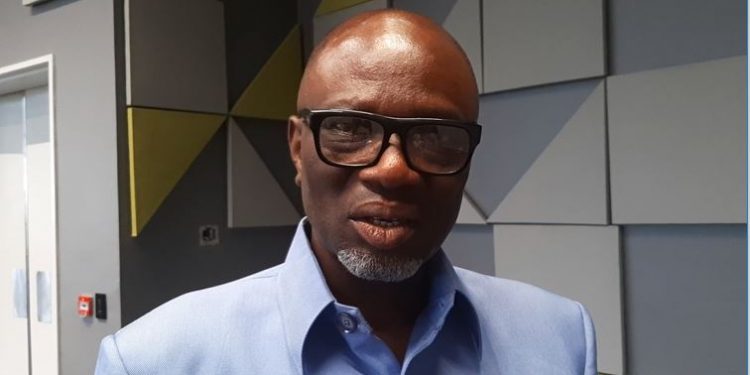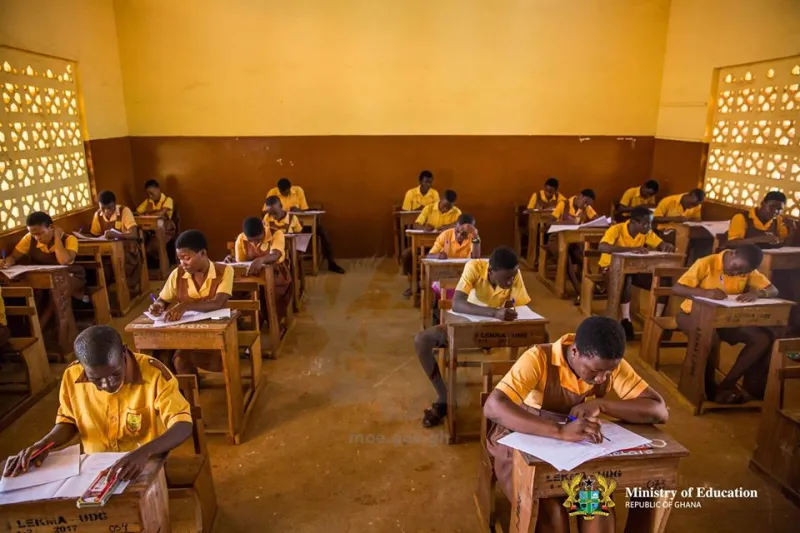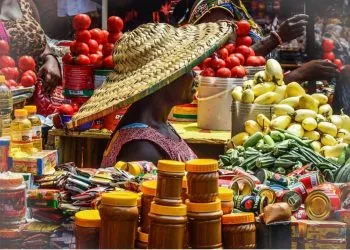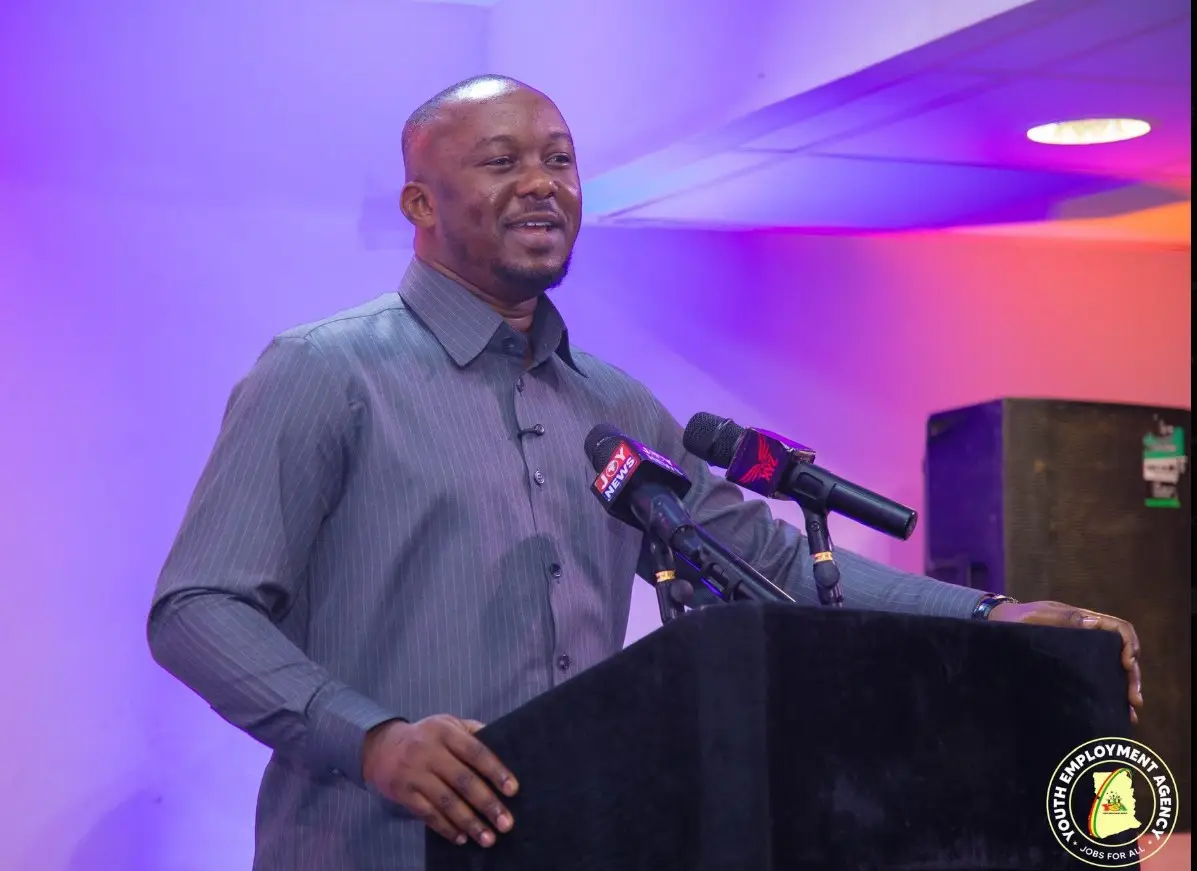
By Kwaku Duah BERCHIE
For decades, DStv, operated by MultiChoice Africa, has been a household name in Ghana. From Premier League football to Nollywood movies, it has positioned itself as the go-to provider of premium television content.
Yet, the very platform that entertains millions is now at the center of a heated standoff with Ghana’s Ministry of Communications, Digital Technology and Innovations.
In August 2025, Minister Samuel Nartey George issued a firm directive: DStv Ghana must reduce subscription fees by August 7, or risk suspension of its broadcasting licence. The ultimatum reflects not just government’s concern, but a wider public frustration that Ghanaians are being asked to pay more than almost any other African country for the same service.
This impasse raises important questions: Why are prices in Ghana so high? How do they compare with regional peers like Nigeria? And is there a fair case for price reductions that balance corporate needs with consumer realities?
Ghana’s Pricing Landscape
On April 1, 2025, MultiChoice Ghana rolled out a 15–18% increase in DStv subscription fees across all packages. Below is the new structure:
Premium: GHS 865 ( 15.3%)
Compact Plus: GHS 570 ( 15.1%)
Compact: GHS 380 ( 15.1%)
Family: GHS 190 ( 15.1%)
Access: GHS 99 ( 16.4%)
Padi (Lite): GHS 59 ( 18.0%)
For many families, these increases are not marginal – they are decisive. A household that paid GHS 495 for Compact Plus now must find an additional GHS 75 monthly, which translates to GHS 900 extra annually.
The Nigeria Comparison: A Stark Contrast
In Nigeria, where DStv is equally popular, subscription rates remain significantly lower despite inflationary pressures and the naira’s depreciation.
Premium: ?44,500 ($29)
Compact Plus: ?30,000 ($19.60)
Compact: ?19,000 ($12.40)
Confam: ?11,000 ($7.20)
Yanga: ?6,000 ($3.90)
Padi: ?4,400 ($2.90)
When converted into U.S. dollar terms, the disparities become glaring:
– Compact Plus costs $54.30 in Ghana vs $19.60 in Nigeria.
– The Family package costs $18.10 in Ghana vs $4.80 in Nigeria.
This means Ghanaians are paying between two to four times more than Nigerians for identical content.
The Public’s Argument: Unfair and Unsustainable
- Economic Hardship in Ghana
The timing of the price hikes could not have been worse. Ghana is battling high inflation, rising utility tariffs, and a weakened cedi. For many middle- and lower-income households, entertainment is not a luxury but a modest reprieve from economic pressures. Price hikes effectively exclude large segments of society from accessing content that their counterparts in Nigeria enjoy at a fraction of the cost.
- Value for Money
While MultiChoice argues that operational costs in Ghana—such as satellite distribution, taxes, and currency fluctuations—are higher, these factors do not fully explain why Ghanaians pay three times more in dollar terms than Nigerians. Content is standardized across the continent, yet pricing lacks proportional fairness.
- Regional Regulatory Precedent
Nigeria’s Federal Competition and Consumer Protection Commission (FCCPC) stepped in earlier this year to halt MultiChoice’s price hikes. When the company ignored the directive, the regulator sued both MultiChoice Nigeria and its CEO. This demonstrates a growing continental appetite for consumer protection in the face of perceived corporate exploitation. Ghana’s Minister of Communications is therefore justified in demanding a review. Indeed, he needs to go further by replicating what the Nigeria’s Federal Competition and Consumer Protection Commission (FCCPC) did in Nigeria.
DStv Ghana’s Counterpoint
MultiChoice Ghana has defended its pricing by citing:
– Depreciation of the Ghanaian cedi, which inflates content acquisition costs (often denominated in U.S. dollars).
– High taxation compared to other jurisdictions.
– Operational costs of running satellite infrastructure in Ghana.
– Nigeria’s large population
While these concerns are not unfounded, they cannot solely justify the enormous disparity with Nigeria and other African markets. Furthermore, MultiChoice operates at scale across multiple countries, meaning shared infrastructure and content acquisition should reduce—not amplify—cost burdens.
The Way Forward: Practical Solutions
To rebuild trust and avoid a regulatory standoff, DStv Ghana should consider the following:
- Price Freeze
Temporarily suspend further increases until inflation stabilizes and household purchasing power improves.
- Income-Sensitive Packages
Introduce targeted discounts for students, low-income households, or pensioners—ensuring wider affordability.
- Regulatory Collaboration
Rather than locking horns with the Ministry, MultiChoice should engage in constructive dialogue to develop pricing models that are sustainable but also socially responsible.
- Customer-Centric Campaigns
Expand promotional initiatives such as temporary package upgrades, decoder discounts, and loyalty rewards to give subscribers better value for money.
Conclusion
The current impasse between DStv Ghana and the Minister of Communications is more than a dispute over subscription fees. It is a test of corporate responsibility, consumer rights, and government’s ability to protect citizens from unfair market practices.
Ghanaians should not have to pay the highest rates on the continent for identical services. By aligning pricing with regional standards and showing sensitivity to local economic realities, MultiChoice can preserve its market share, retain public goodwill, and avoid punitive regulatory action.
At the end of the day, fair pricing is not just about numbers—it is about fairness, dignity, and partnership with the very consumers who keep the business alive.
References
MultiChoice Ghana Press Release on Subscription Fee Adjustments, April 2025.
Federal Competition and Consumer Protection Commission (FCCPC), Nigeria, March 2025.
TechLabari, ‘DStv Ghana to Increase Prices by 15% on All Packages Starting April 1,’ March 2025.
TeeVeeTee, ‘MultiChoice Ghana Hikes Prices,’ March 2025.
FinexInsights, ‘Detailed Analysis of DStv Subscription Prices in Ghana and Nigeria,’ July 2025.
GhanaWeb, ‘Sam George Shares DStv Prices
About the Author
The author is an experienced finance executive, consultant, and thought leader in microfinance, financial inclusion, strategic management, and sustainable economic development in Africa with more than 20 years of leadership across Africa and the United States.
Email: [email protected], [email protected]
The post DSTV and Minister of Communications; the case for fair pricing appeared first on The Business & Financial Times.
Read Full Story


















Facebook
Twitter
Pinterest
Instagram
Google+
YouTube
LinkedIn
RSS